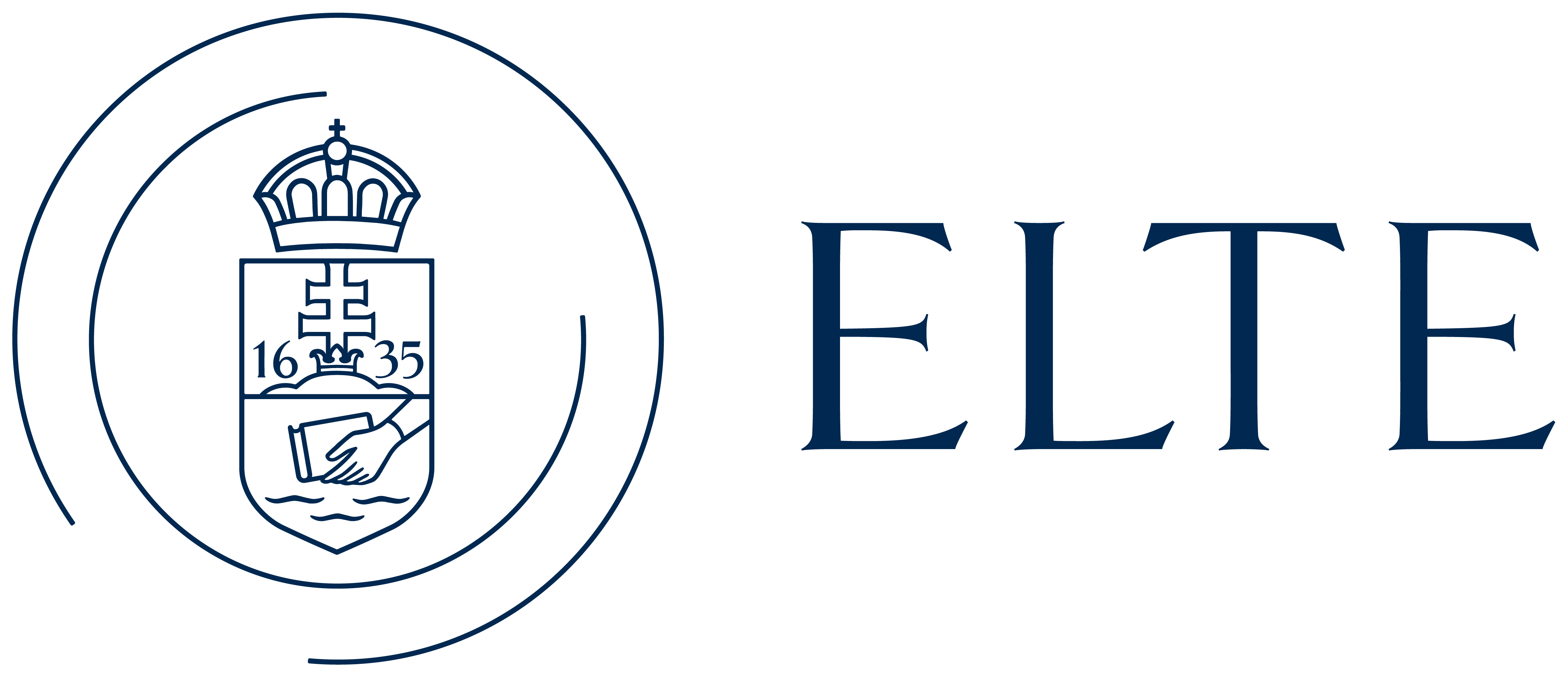SAFE
One of the most important aspects when examining software is its reliability. A reliable software is considered secure if it can withstand cyberattacks. There are various ways to assess software security, but it is generally true that the sooner a flaw is discovered, the cheaper it is to fix. This is where static analysis methods can be helpful, as they allow us to examine certain properties of the program based on its source code without having to run it.
By systematically inspecting the source code, we can identify points in the code that could potentially lead to security issues, making it vulnerable. For this analysis, we use static analysis methods that enable the automatic and efficient checking of the source code. Our analyses are language-specific, tailored for the Erlang programming language, and built on the RefactorErl framework.
